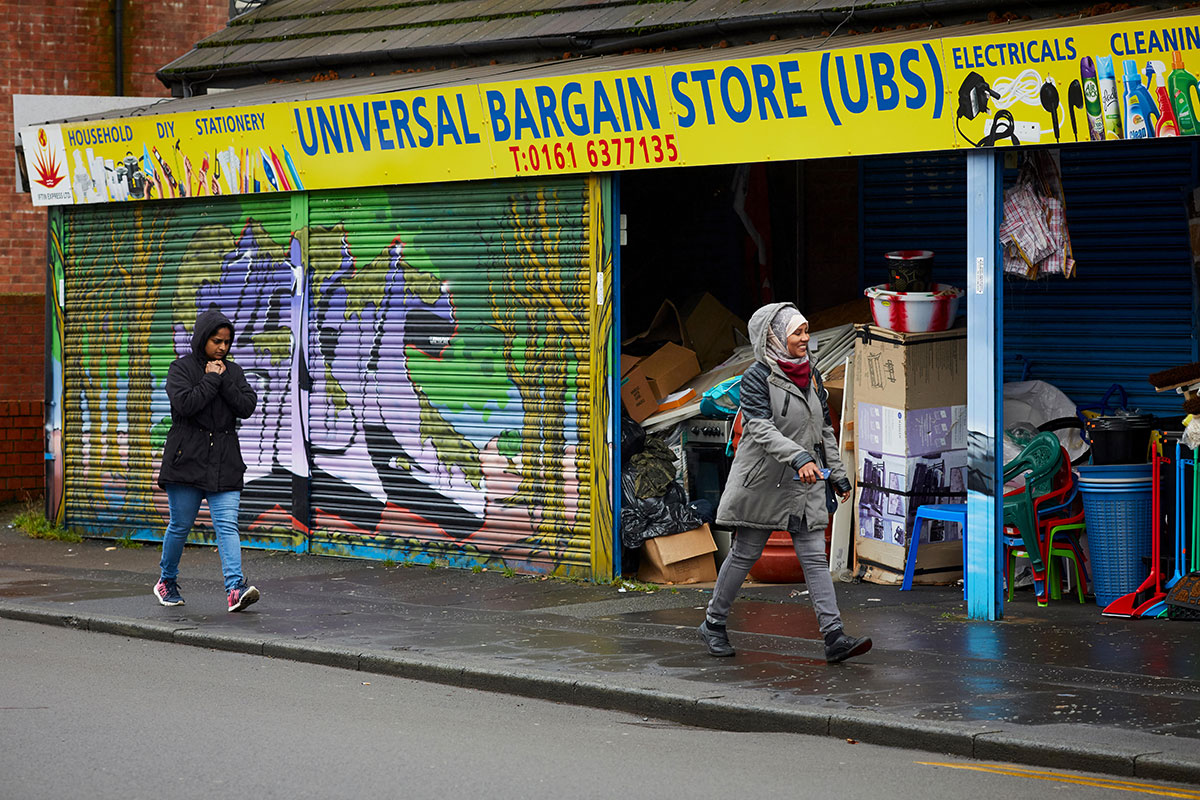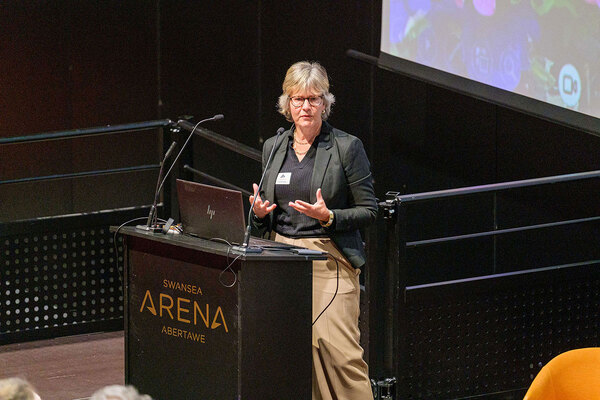You are viewing 1 of your 1 free articles
Manchester social landlords agree not to use mandatory evictions for rent arrears
Social landlords in Greater Manchester have agreed not to use the mandatory rent arrears eviction ground under plans for Andy Burnham’s Good Landlord Charter.

Greater Manchester Housing Providers (GMHP) have already committed their support to the plans, which are designed to reduce stress for tenants who find it hard to pay their rent.
Under the mayor’s proposals, landlords will not be charged a fee to sign up to the voluntary scheme, which is designed to drive up standards for private and social renters in the region.
Documents published ahead of a Greater Manchester Combined Authority meeting on 12 July set out the detail of the charter and how landlords will be supported to meet it with the help of an independent ‘implementation unit’.
According to the combined authority report, members of GMHP, which represent the region’s largest social landlords, were “key partners” in the development of the charter and have committed their support to it.
This means that “a significant proportion” of social landlords in Greater Manchester are expected to take part.
However, the report noted that “it has historically proved difficult to recruit large proportions of private landlords to similar voluntary schemes”, making recruitment of private landlords “a key challenge” for the implementation unit.
The purpose of the “unashamedly ambitious” charter, according to the plans, is to “make it easier for tenants to identify properties where the landlord is committed to providing a good quality home and good practice”.
It is designed to complement new enforcement plans, which include a new right for renters to request a property check and a new ‘Housing First unit’ at the combined authority.
The charter will be open to all residential landlords, raising expectations of what renting can be like across the region. “Good” renting is defined as an experience that is affordable, inclusive, private and secure, responsive, safe and decent, supportive and well managed.
Landlords which sign the charter must give tenants “a fair amount of time” if they find it hard to pay their rent. Social landlords will agree “not to use the mandatory rent arrears eviction ground”.
They will also agree to have a proactive and effective approach to inspection, to publish and comply with response times for repairs, and to bring homes up to an Energy Performance Certificate rating of C.
In addition, for households who require specific adaptations, landlords will be required to make or facilitate adaptations, and join an adaptations register where applicable.
To give renters a greater sense of privacy, landlords will agree that any access to a tenant’s property should be by agreement except in an emergency. Tenants are able to make “reasonable changes” to their home.
To show their properties are well managed, landlords must be able to demonstrate accreditation or training, or use an accredited managing agent.
Finally, landlords must “make a demonstrable commitment” to accepting tenants from any background.
As the charter develops, “further consideration” could be given to whether to include additional criteria associated with retrofit and decarbonisation.
The scheme is designed to be a “journey of improvement”, so all landlords who participate initially become ‘supporters’ and will later be able to put themselves forward for assessment for full membership status once they have achieved the full criteria.
The plans propose not to charge a fee to landlords for participation in the charter on the grounds that it might dissuade participation in the scheme. However, the implementation unit could seek other sources of revenue, for example by charging for training.
The combined authority also said it would explore with local authorities “the possibility of creating an incentive offer to landlords for participation in the charter” that is uniform across the region.
The proposals recognised that “a single failing in a portfolio of a thousand homes may not indicate the same poor practice as the same failing in a portfolio of two homes”, adding requirements that may be reasonable to expect of a large landlord may not be the same for a small one.
Landlords will not be charged a fee to participate in the charter, but the combined authority will explore “opportunities to raise revenue” with the implementation unit.
Next Friday, the combined authority will be asked to approve the plans and agree to use £250,000 from retained business rates in 2024-25 to procure the independent implementation unit for the charter.
Funding for future years will come through the budget setting process.
The Greater Manchester Combined Authority was approached for additional comment on the plans.
Following his re-election as mayor in May, Mr Burnham pledged to build 10,000 council houses and called for a suspension of the Right to Buy on new properties.
At the Housing 2024 conference in June, he asked the next government to transfer train stations to the combined authority so that housing can be built around them.
“You just transfer that asset to us, and we will then use it, build on it, and some of the proceeds will come back into improving the asset, the station,” Mr Burnham said.
Sign up for our regulation and legal newsletter
Already have an account? Click here to manage your newsletters











